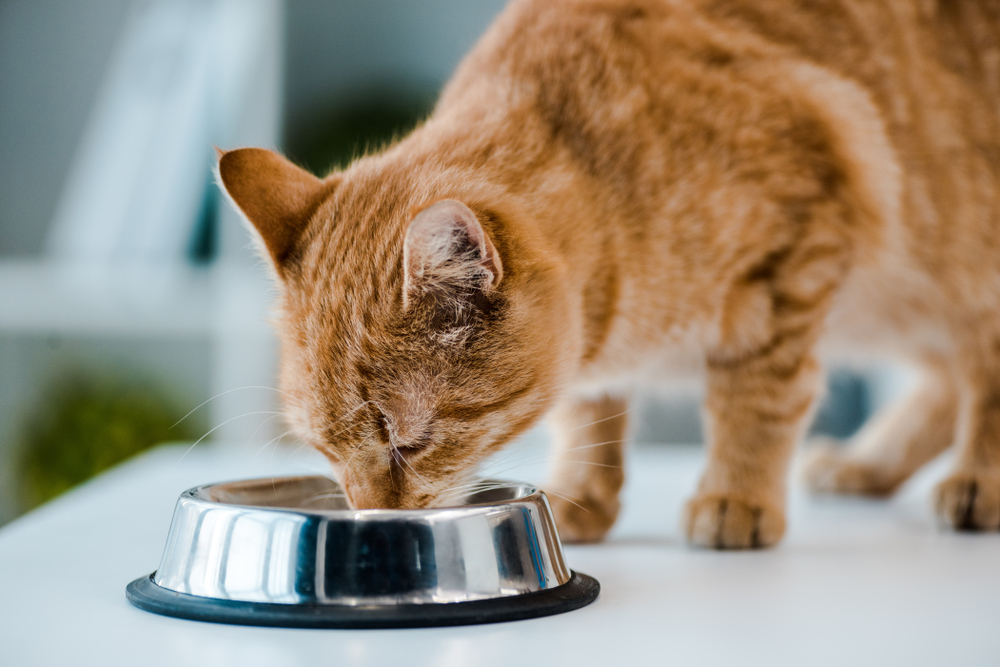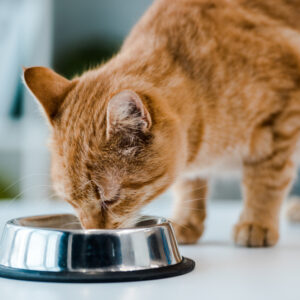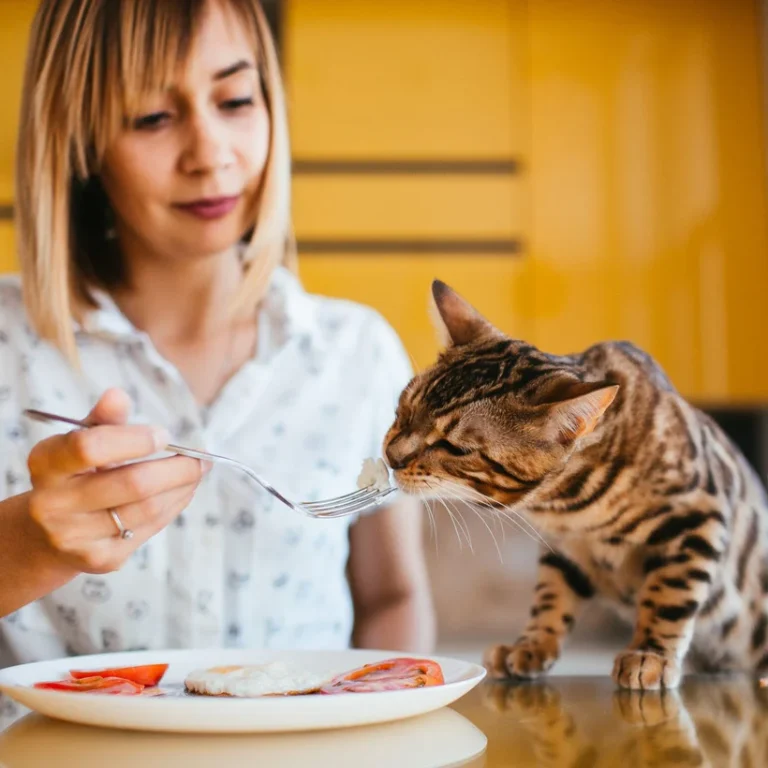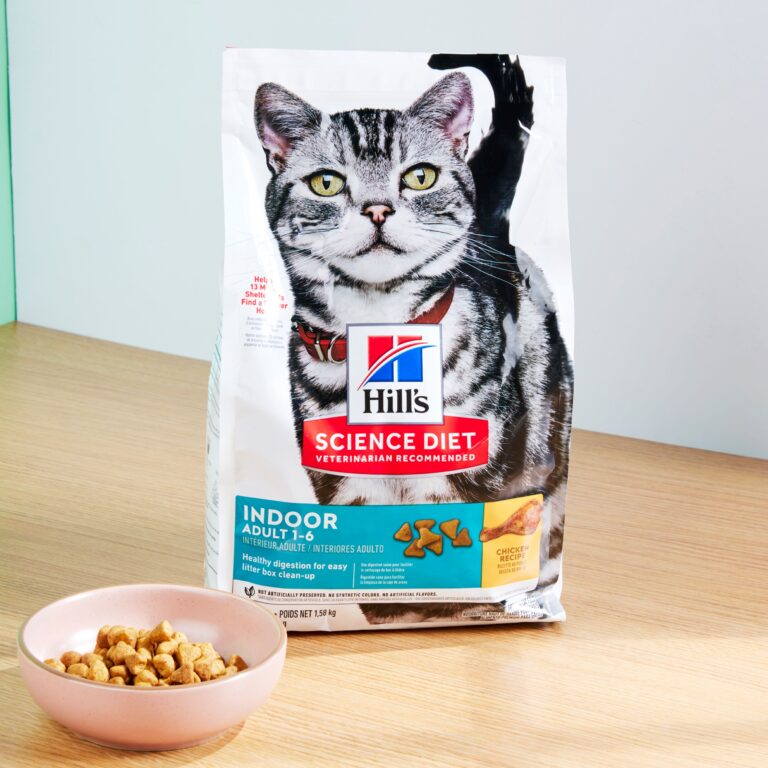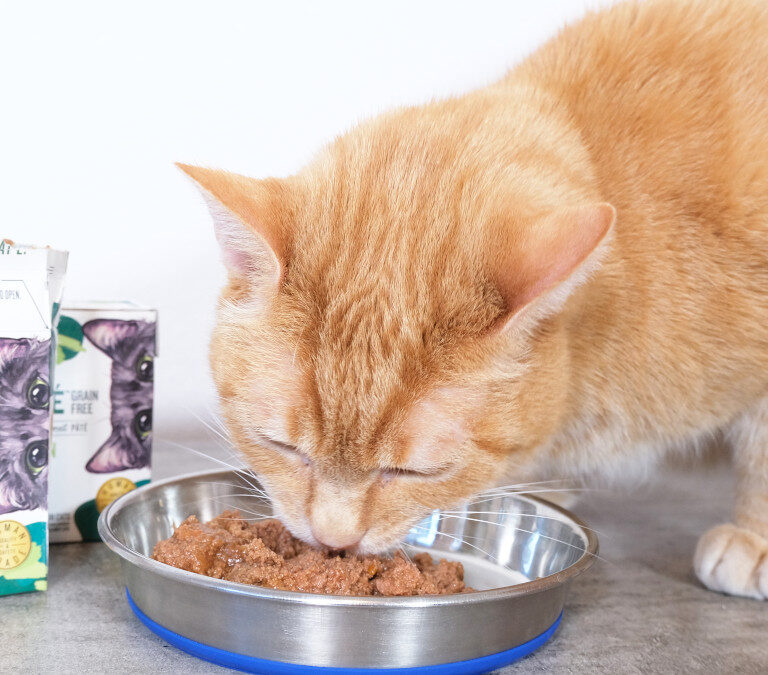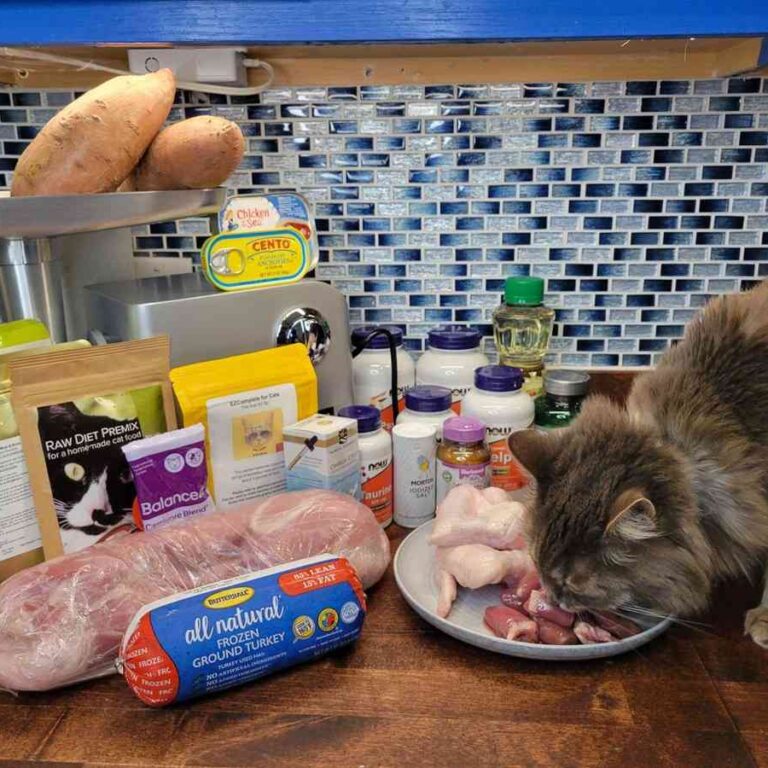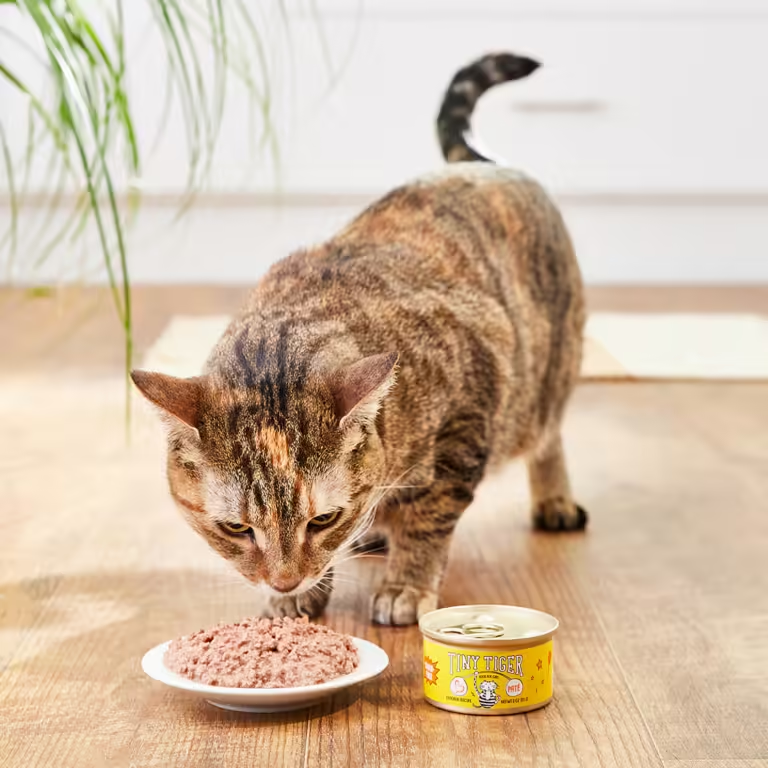Cat Allergy Diets: What to Feed in 2024
Just like humans, cats can develop food allergies, which can lead to skin irritation, gastrointestinal issues, and general discomfort. Responsible cat owners need to understand their pet’s dietary needs to manage allergies. In 2024, many hypoallergenic cat foods will focus on high-quality ingredients and tailored diets. Here’s why cat allergy diets are important and what to feed your cat in the coming year.
Identifying Cat Food Allergies
Cats should be tested for food allergies before trying a special diet. Itching, excessive grooming, skin and ear infections, vomiting, diarrhea, and weight loss are all common. If you think your cat has a food allergy, consult your veterinarian. To diagnose an allergy, they may recommend an elimination diet.
Different Allergy Diets
In 2024, there are several suggested feeding plans for cat allergies:
Reduced Ingredient Diet
A limited-ingredient diet (LID) reduces allergies by using fewer ingredients. These diets usually contain a protein (chicken, fish, or lamb) and some carbohydrates. By reducing the number of ingredients, LIDs help identify allergens and simplify the dietary management of allergic reactions.
Hypoallergenic Diet
Hypoallergenic pet diets are designed for pets with food allergies. In these diets, the hydrolyzed protein breaks down the protein into smaller, less allergenic pieces. Sensitive cats may have a reduced immune response. Veterinarians recommend hypoallergenic diets for cats who are allergic to many brands.
Grain-Free Diet
Cats are often allergic to wheat, corn, and soy, and these are eliminated in a grain-free diet. Sweet potatoes and peas are common sources of carbohydrates in these diets. The high-quality animal proteins and fats in grain-free options can help cats with grain sensitivities get the nutrients they need.
Novel Protein Diet
Novel protein diets are great for cats with food allergies because they introduce new proteins. duck, venison, and rabbit. These diets provide a source of protein not found in regular cat food and can help prevent allergic reactions to chicken and beef.
Eat raw or freeze-dried
High-quality, natural raw or freeze-dried foods work for some cats. These diets can contain innovative protein sources and minimal processing. Raw food should be nutritionally balanced and safe for your cat, as improper use can lead to health problems. Always consult your veterinarian before feeding raw.
Best Hypoallergenic Cat Foods of 2024
These cat foods are highly effective for allergy management in 2024:
Hills Recipe Diet n/d
Hill’s z/d uses hydrolyzed protein to help reduce allergies. This food helps control food allergies and provides important nutrients for your cat’s health.
Royal Canin Veterinary Diet
Hydrolyzed soy protein makes this veterinary diet ideal for cats with food sensitivities. It contains essential fatty acids that promote digestion and skin health.
Purina Pro Plan Veterinary Diet HA
Hypoallergenic Purina HA food uses hydrolyzed protein to support cats with food allergies. The formula reduces allergic reactions and provides adequate nutrition.
Blue Buffalo Basics Diet
The Blue Buffalo Basics protein diet contains no chemicals or fillers. This is best for cats that are sensitive to ingredients.
Natural Balance Member Diet
The Natural Balance formula contains duck or lamb protein along with a handful of additives. These diets provide balanced nutrition for cats with food allergies.
Healthy, Simple, Low-Ingredient Diet
Wellness Simple offers a high-protein diet with few ingredients. Cats with allergies can eat these grain- and filler-free diets.
Merrick’s Perfect Bistro Grain-Free Recipes
Merrick’s grain-free recipes emphasize natural ingredients and high-quality proteins. This meal is grain-free, safe for cats with grain allergies, and the flavors remain delicious.
Instinct Primal Booster
Instinct Raw Boost freeze-dried raw food consists of high-quality grits and raw kibble. Cats with allergies can benefit from novel proteins and raw food.
Transition to an allergy-friendly diet
Transition your cat to an allergy-friendly diet gradually. Sudden changes in diet can affect digestion. Start by adding a small amount of new food to your cat’s current diet, then gradually increase the amount over a week or two. Be aware of your cat’s discomfort.

